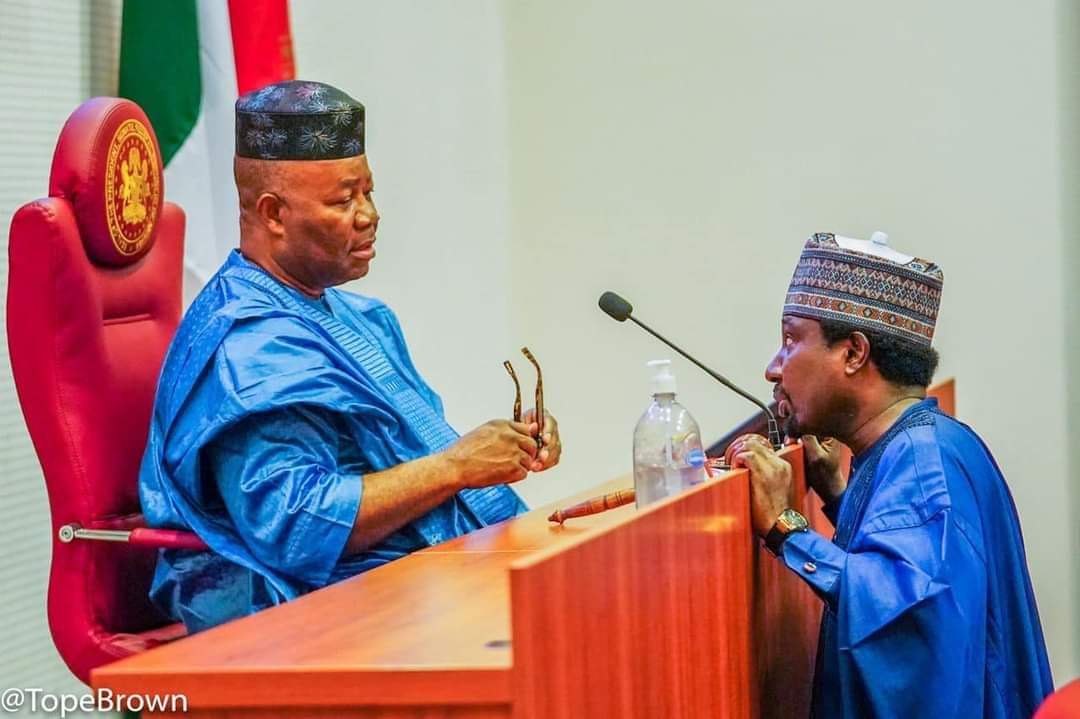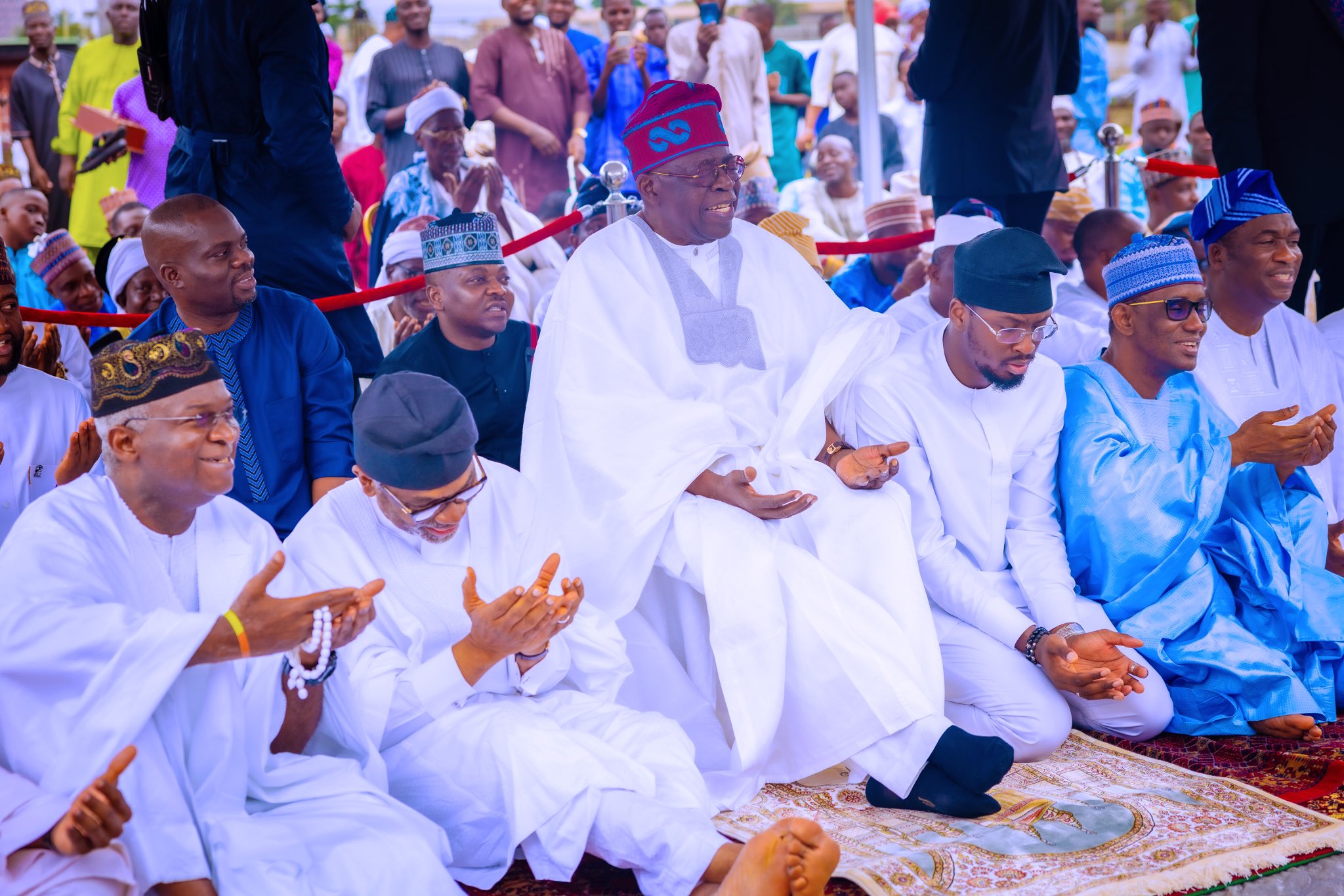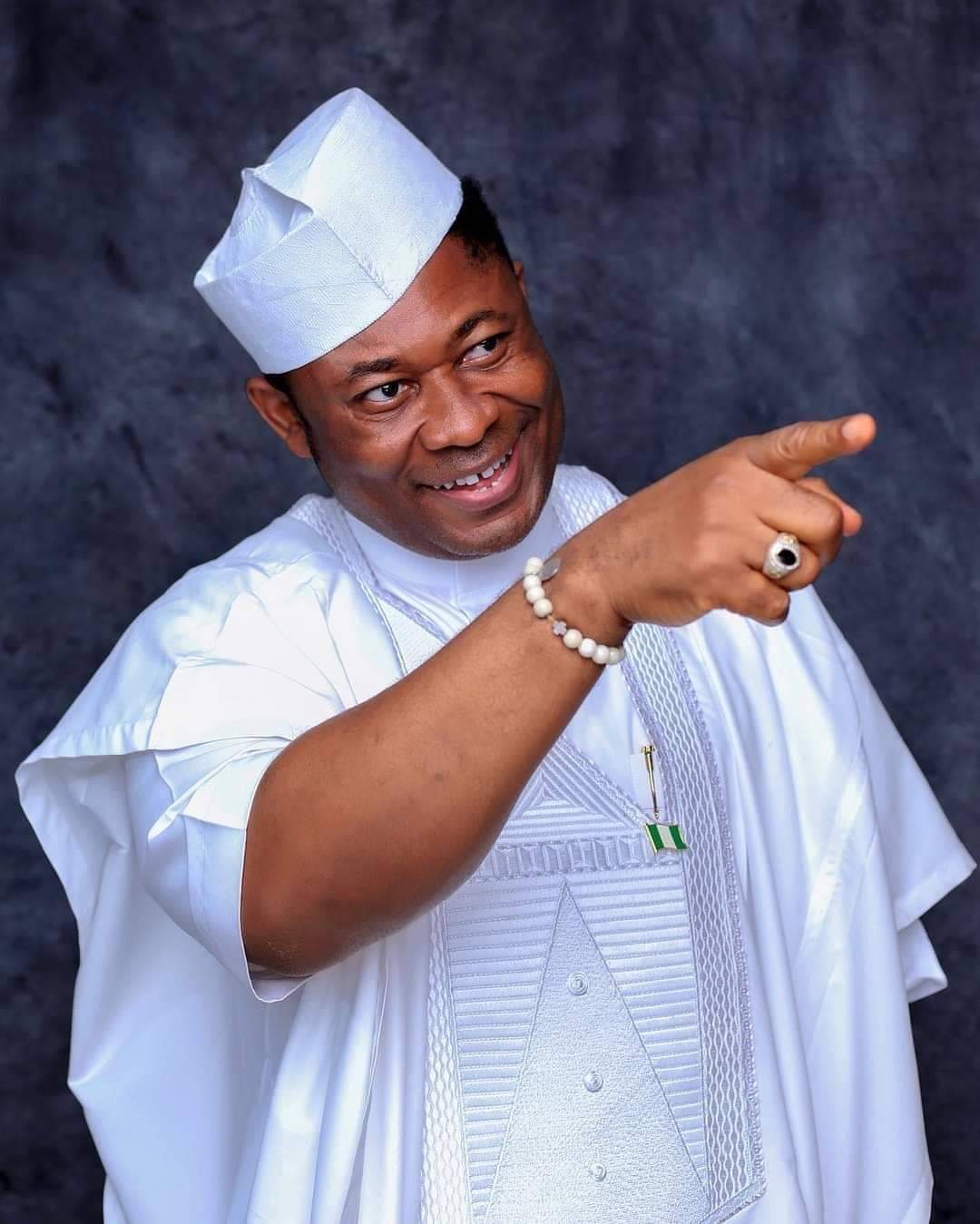A fresh crisis emerges in the 10th National Assembly as Northern Senators insist on producing the Senate leader, causing dissatisfaction in the Red Chamber. Learn more about the power struggle and its implications for the composition of principal offices in the National Assembly.
Despite the emergence of presiding officers of the 10th National Assembly, a new crisis has erupted within the federal legislature. The focus of the controversy lies in the camp of Senate President Godswill Akpabio, specifically regarding the appointment of the Senate leader. Northern Senators elected on the platform of the All Progressives Congress (APC) are adamant about their demand to produce the next Senate leader.
Northern Senators Advocate for Equitable Composition of Principal Offices
Several Senators from the Northern region, speaking confidentially to journalists, have expressed concern about the potential consequences of South West lawmakers pushing for the majority leader position. They assert that such a move could deepen the dissatisfaction within the Red Chamber. These Northern Senators are calling on the APC’s National Working Committee (NWC) to ensure that their region is not marginalized when it comes to the allocation of principal offices in the National Assembly. They argue that an imbalanced Senate leadership could jeopardize the stability and longevity of the new leadership.
Doubts About the Capability of Proposed Senate Leader Candidate
In addition to their objections against the South West lawmakers’ push for the majority leader role, some Northern Senators have raised doubts about the suitability of Opeyemi Bamidele for the position. Describing Bamidele as a junior senator unable to effectively lead the Red Chamber during times of crisis, these Senators emphasize the need for a more experienced and capable candidate. They highlight previous instances where the Senate Leader was selected based on campaign roles, asserting that the deputy campaign coordinator, Bamidele, should not assume the position. Instead, they suggest that Senator Ndume, who has demonstrated leadership skills and seniority in the National Assembly, be appointed as the Senate Leader to foster unity in the upper chamber.
Appointment of Chief of Staff and Deputy Chief of Staff Sparks Criticism
Meanwhile, Senate President Godswill Akpabio has faced severe backlash from lawmakers following his recent appointments of chief of staff and deputy chief of staff, both hailing from the South. This decision has ignited tensions among the Northern Senators, who now insist that the leader of the Senate should be chosen from their region. Historically, Senate presidents have made appointments to these positions with consideration for both the North and the South. Akpabio’s exclusive selection of individuals from the South has triggered fresh realignments within the National Assembly and intensified criticisms against him.
The demand of Northern Senators to produce the Senate leader, combined with the appointment of South-based individuals to key positions, has stirred controversy within the federal legislature. The outcome of this power struggle will significantly impact the composition of principal offices in the National Assembly. It remains to be seen how the Senate President and the APC’s National Working Committee will address the concerns raised by the Northern Senators and navigate this critical phase in the 10th National Assembly.











